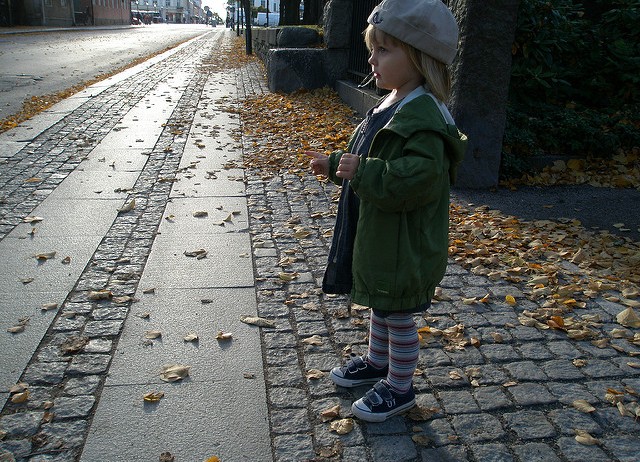How hard should you try to bring a child back down to reality? Is it helicopter parenting to help your child think ahead? Isn’t living in your own little bubble what being a kid is all about?
Letting kids discover things through play is really important. But some kids need to work to develop the skills to be realistic. Problems arise when kids can’t gauge a situation or their own ability to handle it. Without a good sense of their own abilities or the demands of a situation, a child is unable to accurately predict outcomes. Left alone, these self-awareness and planning issues can develop into serious handicaps.
Some kids only start understanding environmental demands and estimating the results of their own efforts with lots of practice. In this edition of the LearningWorks for Kids Beyond Games series we’re providing a few strategies that will help your child build the self-awareness and planning skills needed to get real and accurately predict outcomes
Realizing potential… Potential problems, that is. Consider and factor in obstacles. Encourage a child to think about things that might trip them up before they start working on a task. Help them see what kind of impact these obstacles might have on the final product. Once a task has been completed, reflect with your child about what they thought might happen and what actually happened. What went as planned? What went wrong? Why?
Reflect. Encourage a child to reflect on their strategic thinking through video game play. The concept of metacognition (thinking about one’s thinking) involves stepping back and looking objectively at the decision-making process. Video games are a great starting point for talking about strategic thinking and building flexibility and self-awareness. “Beating a level,” for instance, can be a conversation starter for a discussion about how we learn through mistake-making. Help your child understand that the way we learn and strategize in video games can similarly be applied in many situations at home and school.
Destination guess-timation. Children can be taught to think about the different factors that affect the successful completion of a task. A child could be asked to think about what they need to do to complete an upcoming science project, win a soccer game, or have a successful dance recital. Encourage the use of a journal to record predictions, estimations, and outcomes for future reference and comparison.
![]() Great Decisions 7 and Idea Bucket are apps designed to help users weigh all options before coming to a decision. Kids who have trouble being rational and thinking things through will find it useful to break things down into individual parts, look at things objectively, and see the pros and cons.
Great Decisions 7 and Idea Bucket are apps designed to help users weigh all options before coming to a decision. Kids who have trouble being rational and thinking things through will find it useful to break things down into individual parts, look at things objectively, and see the pros and cons.
P opplet is a brainstorming app that helps users organize ideas and fully develop thoughts and ideas. Color coding, drawing, linking, and other functions help kids with planning and self-awareness problems develop deeper understandings.
opplet is a brainstorming app that helps users organize ideas and fully develop thoughts and ideas. Color coding, drawing, linking, and other functions help kids with planning and self-awareness problems develop deeper understandings.
![]() Dance Central Spotlight can help a child think ahead by allowing them to work on planning and self-awareness in a whole different setting and format. The game makes abstract ideas of looking ahead and thinking about processes tangible as kids dance their way though popular songs.
Dance Central Spotlight can help a child think ahead by allowing them to work on planning and self-awareness in a whole different setting and format. The game makes abstract ideas of looking ahead and thinking about processes tangible as kids dance their way though popular songs.
 Monster Busters also makes planning and self-awareness practice fun with its highly engaging match-3 puzzle style. Players save gingerbread people as they work their way through a tower of hungry monsters by employing long- and short-term planning skills like measuring risk and problem-solving.
Monster Busters also makes planning and self-awareness practice fun with its highly engaging match-3 puzzle style. Players save gingerbread people as they work their way through a tower of hungry monsters by employing long- and short-term planning skills like measuring risk and problem-solving.
Featured image: Flickr user Linda Åslund




